A Certificate in Quality Management is a specialized program that provides students with the knowledge and skills necessary to ensure that products and services meet or exceed customer expectations. The program covers a range of topics related to quality management, including quality control, quality assurance, and continuous improvement.
Here are some of the key topics typically covered in a Certificate in Quality Management:
- Quality Control: Students learn how to implement quality control processes to ensure that products and services meet industry standards and customer expectations.
- Quality Assurance: Students learn about the different elements of a quality management system, including quality planning, quality assurance, and quality improvement.
- Statistical Process Control: Students learn about the use of statistical methods to monitor and control production processes, including statistical process control (SPC) and Six Sigma.
- Continuous Improvement: Students learn about the importance of continuous improvement in quality management, including the use of lean manufacturing principles and Kaizen.
- Root Cause Analysis: Students learn how to identify and analyze the root causes of quality problems, and develop solutions to address them.
- Auditing: Students learn about the auditing process, including the planning, conducting, and reporting of audits.
A Certificate in Quality Management is designed to prepare students for careers in quality control, quality assurance, and continuous improvement in a range of industries, including manufacturing, healthcare, and service industries. Graduates of the program can find employment in a range of organizations, including manufacturing companies, quality control departments, and consulting firms.

-
0 % In Progress
